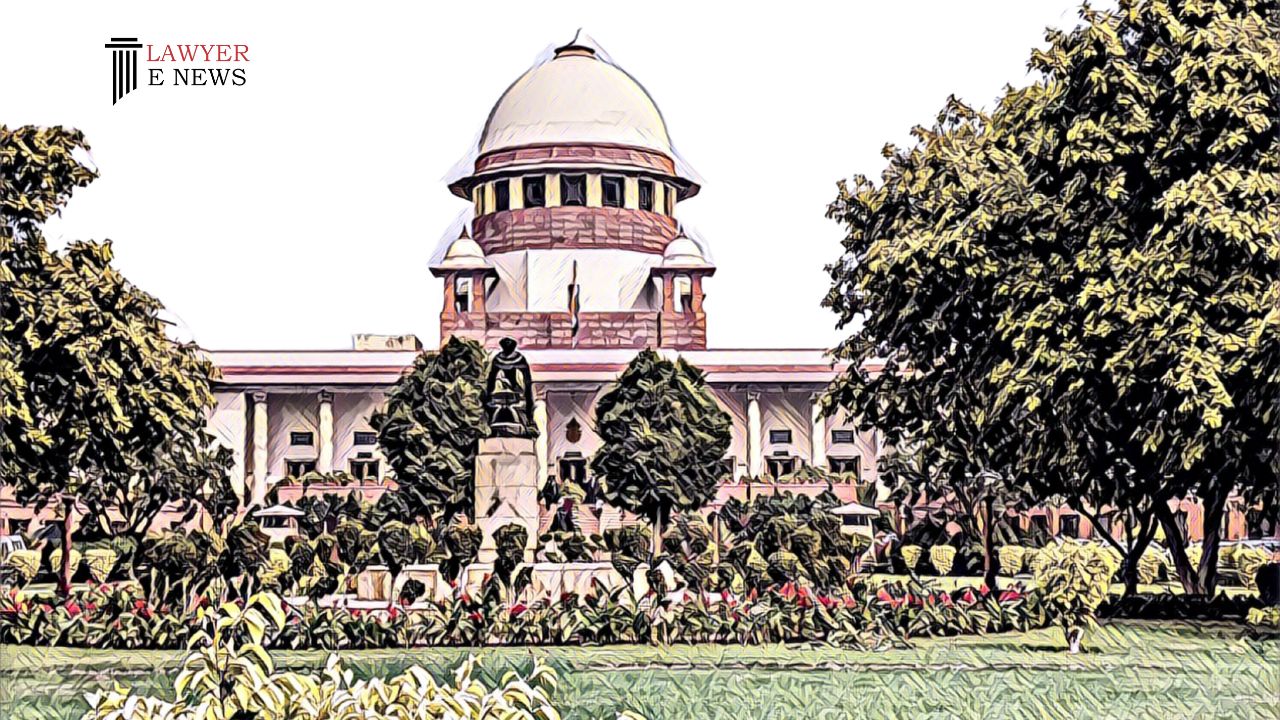-
by Admin
15 February 2026 5:35 AM



On 5 April 2023, Supreme Court , in a recent Judgement MAN SINGH Vs SHAMIM AHMAD (DEAD) THR. LRS, has held that once a landlord expresses willingness to accept rent directly, a tenant can no longer deposit rent in court. The judgment was delivered by a bench comprising Justices Aniruddha Bose and Sudhanshu Dhulia. The case pertained to the dispute between a landlord and tenant over the rate of rent. The landlord had filed a suit for eviction against the tenant after the latter failed to pay rent at the enhanced rate demanded by the former.
The Allahabad High Court had earlier set aside the findings of the trial court and the sessions court on the enhanced rent. It held that there was no evidence before the trial court of any 'oral agreement' set up by the landlord, which provided for a periodical increase of rent from Rs. 250/- per month to Rs. 275/- per month, and then to Rs. 300/- per month, and so on. Since the so-called oral agreement between the parties was not proved, it would be deemed that the correct rent between the parties was Rs. 250/- per month, which was being paid by the tenant in the court under Section 30 of the Act.
The Supreme Court upheld the findings of the Allahabad High Court and further elaborated on the legal position post notice dated 05.04.1995. Section 30 of the Act provides that the deposit may be made in the court on refusal of the rent by the landlord, but this position only lasts till the landlord expresses his willingness to receive the rent. This willingness to receive the rent has to be seen in his notice dated 05.04.1995 received on 10.05.1995, by the tenant. The High Court held that once the notice of demand was sent to the tenant by the landlord on 05.04.1995 (received by the appellant on 10.04.1995), demanding a rent at the enhanced rate, then the tenant had no option but to deposit the rent before the landlord, as against depositing it in the court.
The court also observed that the Full Bench decision of Gokaran Singh v. Ist Additional District and Sessions Judge, Hardoi and Ors. held that if the landlord had earlier been refusing to accept rent at the correct rate and had been claiming rent at higher rate and the tenant had as a consequence of landlords earlier refusal in the past, deposited the rent in court under Section 30 and thereafter, landlord serves a formal notice of demand again at a higher rate, then the tenant after receipt of notice is under an obligation to tender the rent at least at the rate admitted to him to the landlord and has got no right to straight away deposit the same under Section 30(1) of the Act.
In conclusion, the court held that once the landlord expresses willingness to accept the rent directly, the tenant has no option but to deposit the rent to the landlord and not in the court. The appeal was therefore dismissed.
5 April 2023,
MAN SINGH Vs SHAMIM AHMAD (DEAD) THR.
